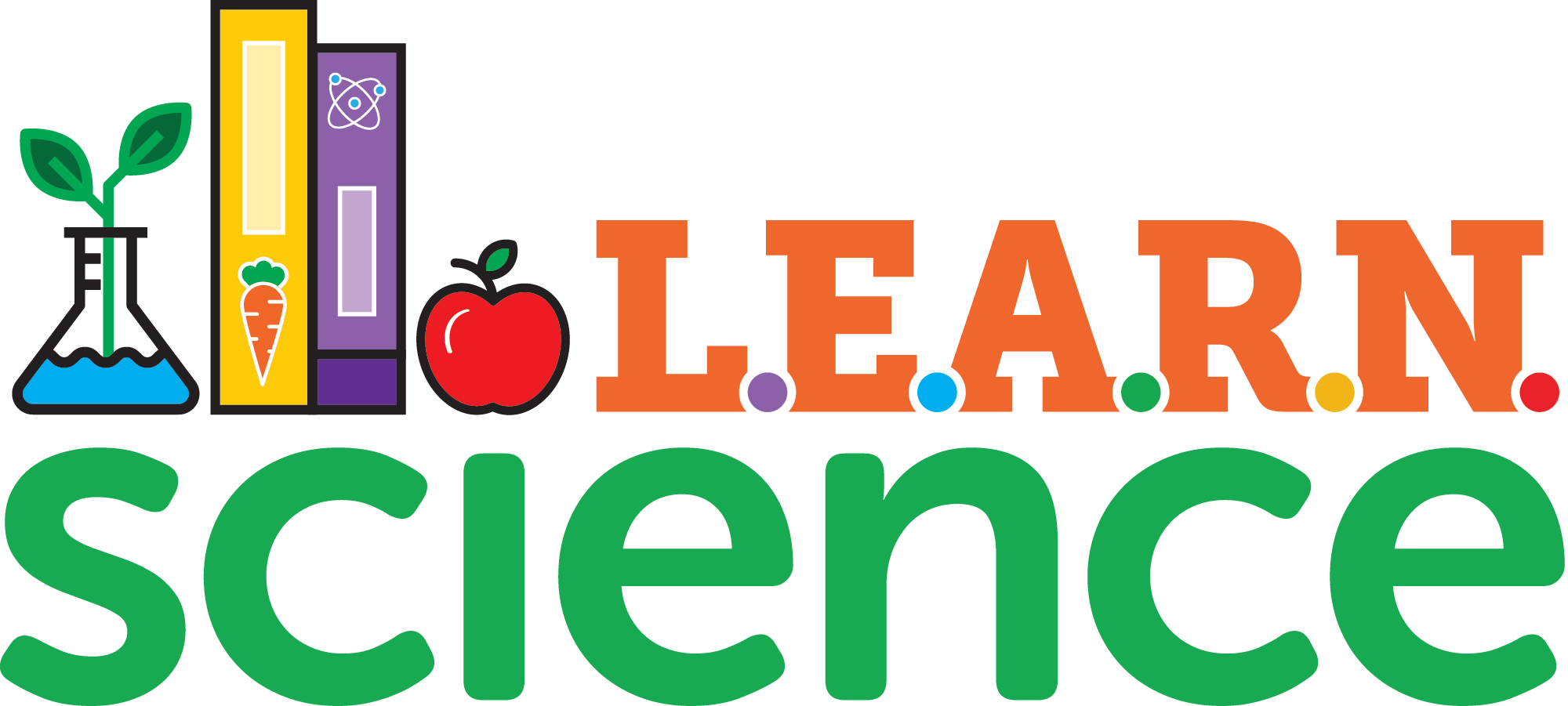L.E.A.R.N. Science
Improving science achievement of youth through storytelling.
This material is based on work supported by the National Institutes of Health grant no. 1R25GM154346-01. Research reported in this publication was supported by the National Institute of General Medical Sciences of the National Institutes of Health under award no. R25GM154346. The content is solely the responsibility of the authors and does not necessarily represent the official views of the National Institutes of Health.
What is L.E.A.R.N. Science?
The Library Efforts to Advance Reading and Nutrition Science (L.E.A.R.N. Science) is an informal life science and reading program through a nutrition science lens to improve science knowledge and science identity among children in kindergarten through second grade in Mississippi using public libraries.
- Informal science education through a nutrition science lens leverages an opportunity for not only improved science achievement, but also for improved health of children – now and in the future.
- L.E.A.R.N. Science is supported by a $1.35 million Science Education Partnership Award (SEPA) funded by the National Institute of General Medical Sciences by the National Institutes of Health (NIH). [$1,346,260.00. Funded September 20, 2024-July 31, 2029. (Award Number 1 R25GM154346-01)]
Vision of L.E.A.R.N. Science
Across Mississippi, L.E.A.R.N. Science will strengthen informal science education opportunities for children in kindergarten through grade 2, improve science achievement of children, and ultimately expand the number of children choosing STEM careers.
Mission of L.E.A.R.N. Science
Our mission is expressed through our overall long-term goal, to establish L.E.A.R.N. Science to improve science achievement among children across Mississippi in kindergarten through grade 2.


The 3 Aims of L.E.A.R.N. Science
L.E.A.R.N. Science will consist of seven lesson units. Each unit will follow a storyline and blend two age-appropriate books with:
- Nutrition science terminology;
- Inquiry-based, hands-on activities using science tools;
- Scientific observations and reflection; and
- Take-home family learning resources.
Unit readings will include both:
- A narrative (fiction) book with a nutrition component; and
- An informational (nonfiction) book showcasing a scientist and/or a scientific principle.
Other Food- and Nutrition-Related Science Programs for Children:
-
FoodMASTER Initiative
The primary mission of the FMI is to create and offer teachers genuine mathematics and science resources that utilize food to captivate students in science education. This mission was shaped to address the longstanding challenge of limited authentic STEM learning opportunities for underserved youth, which can also contribute to health disparities.
Learn more about nutrition-based open science materials for children in kindergarten through second grade -
Preschool Education in Applied Sciences
Preschool Education in Applied Sciences (PEAS) is a cutting-edge, multi-faceted professional development program aimed at strengthening the preschool STEM educator workforce. PEAS is committed to enhancing the preschool educator workforce to elevate the quality of early STEM education, help smooth the transition between preschool and K-12 learning environments, and contribute to building a more equitable and inclusive STEM pipeline.
Explore food-based open science materials for kindergarten through higher education
